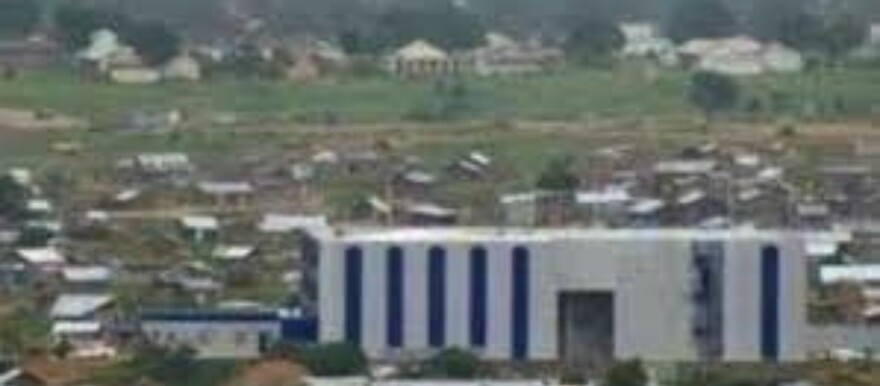Citizens across the country have lauded the decision by President Salva Kiir and First Vice President Dr. Riek Machar to remove the powers of the National Security Service (NSS) to arrest a suspect without a warrant.
The Community Empowerment for Progress Organization (CEPO) congratulated Kiir and Machar for what they described as a remarkable decision and an act of embracing democratic practices.
“This is a long waited decision and CEPO is hoping that this spirit will be applied in the reforms of the other legislations like the Non-governmental Organization Act, 2015,” a CEPO statement read.
CEPO’s executive director, Edmund Yakani, said the president and his deputy agreeing to scrap the NSS’ powers to arrest without a warrant was a demonstration of commitment to embracing democratic practices.
“It is good that the president and first vice president responded positively to our advocacy and the legal opinion on the National Security Service by our Ministry of Justice and Constitutional Affairs,” he said.
Adhel Kuel in Aweil said it was a good and timely decision and that other laws have to be reviewed to ensure that the interests of the South Sudanese are respected.
“This is a good step and I wish the presidency gets an opportunity to review all South Sudanese laws carefully because there are some provisions which are against the people and are for the interests of persons in power,” she said.
Another Aweil resident, Reec Mayar Deng, welcomed the decision but said arrested suspects must be presented in court immediately.
“I am saying that the decision the president and first vice president is proper because this is the way legal procedures are done and a warrant of arrest must be issued to arrest any suspect and they should be brought before a court,” said Mayar. “If the NSS arrests a person without a warrant of arrest that is wrong and illegal.”
Meanwhile, David Marko Ajuheri in Torit says the NSS was violating the law by arbitrarily arresting citizens without arrest warrants. He said the NSS is supposed to collect intelligence which they should then hand over to the police for action.
“They do not have powers to arrest except if there are crimes against the country then they should arrest but through the public prosecutor who then will allow detention for 24 hours before the suspect is taken to court according to the constitution,” he said. “This decision is good but the problem will be in implementation because if you make a decision and you do not implement it, then the decision will have no use. It is important to educate law enforcement agencies about the decision. It will help citizens. For example, journalists, like the ones of SSBC, have been arrested at will without arrest warrants and have not been arraigned in court.”
“The penal code clearly says that suspects committing a crime like breaking into a shop can be arrested without a warrant,” he added.
On his part, an advocate, Beda Khasmiro Anthony, said the law which gave the NSS powers to arrest without a warrant was enacted at the wrong time and likely to stifle freedoms.
“I celebrate the decision of the presidency to remove that law that entitled the NSS to arrest without a warrant. That law allowing NSS personnel to arrest without a warrant was enacted at a bad time that brought about criticism that it was meant to suppress people, suppress the freedom of expression and other fundamental freedoms but thank God, I congratulate the two leaders for having done this,” he said. “This will make this country go forward in terms of rule of law. There is the Police Act 2008 which gives the power to arrest without a warrant. There are always crimes in the law that you do not need to wait to process a warrant like when a criminal is escaping.”
“The NSS can arrest a suspected person when there is a public security risk,” he added.




